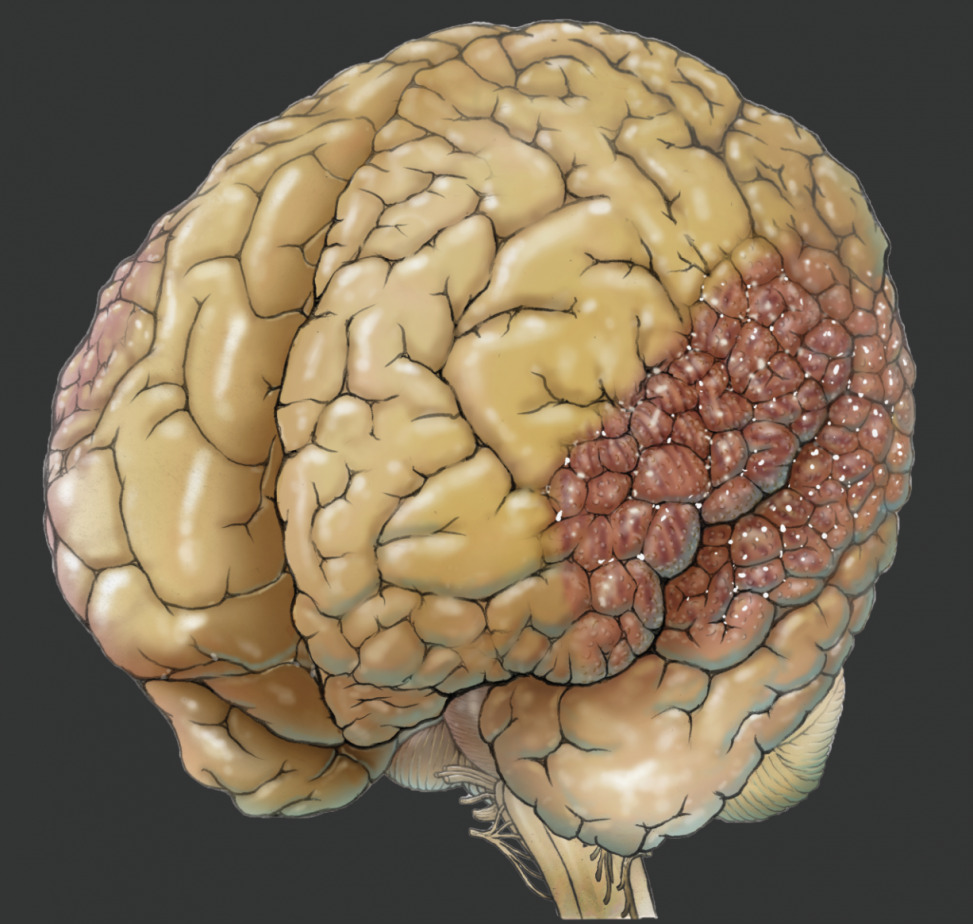The Role the Human Brain and Genetics Play in Addictive Behaviors

Did you realize that the effects of drug and alcohol addiction cost the American taxpayer more than $740 billion annually? Things like crime, healthcare expenses, and lost workplace productivity are mostly to blame for these costs. Getting treatment is the first thing a person needs to do when faced with a drug or alcohol addiction.
In some cases, going to a treatment center can be easier said than done. Some people simply don’t have the money to pay for this treatment. This is why getting a comprehensive and affordable health insurance policy is so important.
Utilizing the power of the HealthMarkets website can help a person figure out which insurance company can offer them the coverage they need. You can browse and compare low-cost health insurance plans on the HealthMarkets’ website. You need to make sure that drug addiction rehabilitation costs are covered in a policy before signing off on it.
Once a person has left a drug treatment rehab, they will struggle to stay sober. The struggle with addictive behaviors has a lot to do with the human brain and genetics. Read below for more information on the role the human brain and genetics play in addictive behaviors.
Table of Contents
Heroin and Opioids Affect the Neurotransmitters in the Brain
One of the biggest problems in America in the past decade has been the rise of opioid addiction. The addiction to both opioids and heroin has reach epidemic proportions. One of the main reasons why people addicted to these substances have such a hard time getting off of them is due to the effect they have on the human brain.
When a person takes opioids, they are throwing off the balance of their brain’s neurotransmitters. These neurotransmitters are responsible for regulating the release of serotonin and dopamine in the brain. Recent studies have also shown that long-term exposure to opioids alters gene expression in the brain. These changes can permanently alter neuronal networks in the brain.
A Genetic Predisposition to Addiction
The biggest challenge facing doctors and drug treatment centers is figuring out why some people develop an addiction to substances while others can use them casually with ease. There have been a number of studies conducted that show genetics play a large role in a person’s chances of developing a dependence on drugs or alcohol.
The way a person handles the introduction of more dopamine in their brain is extremely important. Some people have brain pathways that react strongly to this chemical. This strong reaction often leads to a person wanting to achieve this high over and over again. As science studies, the role of genetics in addiction, more and more information will come to light on how to fix these flaws once and for all.

Plant-Based Diets Aid in a Successful Addiction Recovery
Now that you know a bit more about how genetics and brain chemistry play a part in drug addiction, we will discuss how to give yourself the best chance at a successful recovery. Some people think that they can get out of a drug treatment rehab and go back to their same haunts and hang out with the same friends. In reality, a number of lifestyle changes will have to take place for a successful recovery to occur.
Did you realize that utilizing the power of a plant-based diet can aid in addiction recovery? While eliminating meat from your diet may seem a bit scary, it is well worth the trouble you go through. Here are some of the ways a plant-based diet can help you during recovery.
Eating Less Sugar Can Reduce Anxiety
The cornerstone of any successful plant-based diet is the elimination of processed sugars and starches. At first, eliminating these things from your diet may be difficult. However, an addict fresh out of a drug treatment program can benefit greatly from reducing their sugar intake.
The more sugar you put into your body, the higher your anxiety will be. A person who is getting off of drugs will already fee like they are on edge. The best way to avoid complicated this problem is by adopting a more healthy plant-based diet.
Too Much Caffeine Can Lead to Bouts of Insomnia
In the early stages of recovery, you may experience sleep-related problems. As you start your plant-based diet journey, think about eliminating sodas and coffee from your diet. The caffeine in these drinks will only compound your issues with insomnia. Making these major dietary changes will benefit you greatly on your road to a sober and healthier you.
Staying on the Straight and Narrow
Understanding just how dangerous drug and alcohol addiction are is the first step in getting better. Knowing how quickly a relapse can happen will help you stay on the straight and narrow and avoid temptation.
